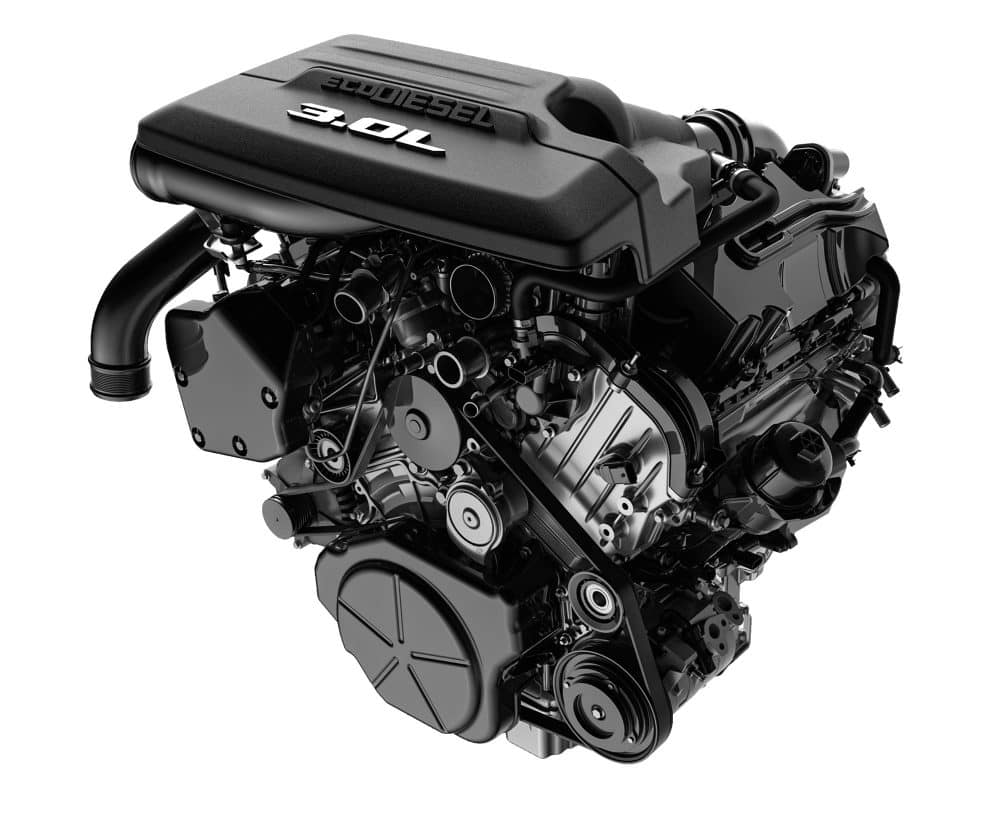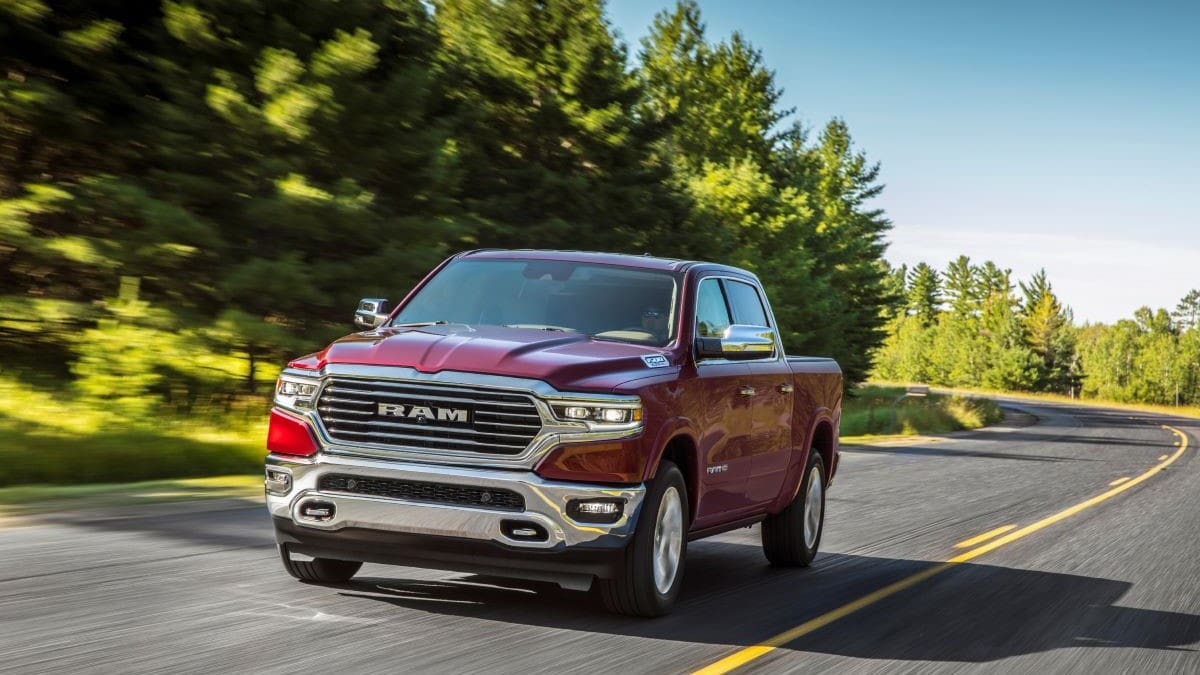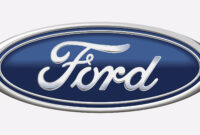Eco Diesel Trucks For Sale: The Smart Choice for Power, Efficiency, and Responsibility sale.truckstrend.com
In an era where vehicle performance often battles with environmental consciousness, eco diesel trucks emerge as a compelling solution. Far from the smoky, noisy diesel trucks of yesteryear, modern "eco diesel" vehicles represent a significant leap in automotive engineering, offering a remarkable blend of robust capability, impressive fuel efficiency, and significantly reduced emissions. For buyers seeking a workhorse that’s also mindful of its footprint, understanding the market for eco diesel trucks for sale is paramount. This comprehensive guide will delve into what makes these trucks stand out, their benefits, key considerations when buying, and how to navigate the current market to find your ideal eco-friendly powerhouse.
What Defines an "Eco Diesel" Truck?
Eco Diesel Trucks For Sale: The Smart Choice for Power, Efficiency, and Responsibility
The term "Eco Diesel" isn’t a specific brand or model, but rather a descriptor for modern light-duty and mid-size diesel trucks that prioritize fuel efficiency and lower emissions alongside traditional diesel attributes like high torque and durability. These trucks achieve their "eco" status primarily through sophisticated engineering, including:
- Diesel Particulate Filters (DPF): These filters capture soot and particulate matter from exhaust gases, preventing them from being released into the atmosphere. The DPF periodically undergoes a "regeneration" process, burning off the trapped soot at high temperatures.
- Selective Catalytic Reduction (SCR) and Diesel Exhaust Fluid (DEF): SCR systems inject a liquid reductant (DEF, a urea-based solution) into the exhaust stream. This chemical reaction converts harmful nitrogen oxides (NOx) into harmless nitrogen and water vapor.
- Advanced Engine Management Systems: Precise fuel injection timing, variable geometry turbochargers, and sophisticated engine control units (ECUs) optimize combustion for efficiency and reduce emissions.
- Lighter Materials and Aerodynamics: Many modern trucks incorporate lighter materials and improved aerodynamic designs to further enhance fuel economy.
These technologies ensure that modern diesel trucks meet stringent emissions standards, often rivaling or even surpassing gasoline counterparts in terms of certain pollutants, while maintaining their inherent advantages.

The Undeniable Benefits of Owning an Eco Diesel Truck
Choosing an eco diesel truck for sale offers a multitude of advantages that appeal to a wide range of buyers, from contractors and adventurers to daily commuters:
- Superior Fuel Economy: This is arguably the most significant draw. Diesel engines are inherently more fuel-efficient than gasoline engines, often delivering 20-30% better miles per gallon (MPG). Over the lifespan of the vehicle, these savings can amount to thousands of dollars.
- Exceptional Torque and Towing Capacity: Diesel engines produce significantly more torque at lower RPMs compared to gasoline engines of similar displacement. This translates directly into effortless towing and hauling capability, making them ideal for pulling trailers, boats, or heavy loads without straining the engine.
- Durability and Longevity: Diesel engines are built tough. Their robust construction, designed to withstand higher compression ratios, often translates into a longer lifespan and greater reliability than gasoline engines, especially when properly maintained. It’s not uncommon for diesel trucks to last for hundreds of thousands of miles.
- Strong Resale Value: Due to their durability, fuel efficiency, and sought-after towing capabilities, eco diesel trucks tend to hold their value remarkably well in the used vehicle market, offering a better return on investment down the line.
- Reduced Environmental Impact (Compared to Older Diesels): While not zero-emission, modern eco diesels are dramatically cleaner than their predecessors. The advanced emissions systems drastically cut down on harmful pollutants like particulate matter and nitrogen oxides, making them a more responsible choice than older, unregulated diesel vehicles.
- Less Frequent Refueling: Thanks to better fuel economy, you’ll spend less time at the pump, especially on long trips, adding convenience to your journeys.


Popular Eco Diesel Truck Models on the Market
While the landscape of available eco diesel trucks can shift, several models have made a significant impact and are frequently found on the market, both new and used:
- Ram 1500 EcoDiesel: This truck largely popularized the light-duty diesel segment in North America. Known for its class-leading fuel economy and impressive torque, the Ram 1500 EcoDiesel offers a comfortable ride and refined interior, making it suitable for both work and family duties.
- Chevrolet Colorado / GMC Canyon Duramax Diesel: For those seeking a mid-size truck with diesel efficiency and capability, the Duramax diesel engine in the Colorado and Canyon is a strong contender. It offers excellent fuel economy and respectable towing capacity in a more maneuverable package.
- Ford F-150 Power Stroke Diesel (Used Market): While Ford discontinued the 3.0L Power Stroke diesel for the F-150 after the 2021 model year, these trucks are still widely available on the used market. They offered a strong combination of fuel efficiency and towing power within the best-selling F-150 platform.
When searching for eco diesel trucks for sale, you’ll encounter these models regularly, each with its own set of features and capabilities to consider.
Important Considerations When Buying an Eco Diesel Truck
Acquiring an eco diesel truck is a significant investment, and a well-informed decision will ensure satisfaction for years to come.
- New vs. Used:
- New: Offers the latest technology, full warranty, and customization options. Higher initial cost.
- Used: Significant cost savings, but requires more diligent inspection. Look for trucks with complete service records.
- Maintenance Specifics and Costs: Diesel engines, while durable, have specific maintenance needs.
- Diesel Exhaust Fluid (DEF): This fluid needs regular refilling, typically every 5,000-10,000 miles depending on usage. It’s an additional ongoing cost.
- Fuel Filters: Diesels require more frequent fuel filter changes to protect the sensitive high-pressure fuel system from contaminants.
- Oil Changes: Often require specific diesel-rated engine oils and may have larger oil capacities.
- DPF Regeneration: While mostly automatic, understanding this process is important. Frequent short trips can sometimes hinder proper regeneration, leading to DPF issues.
- Emissions System Longevity: The DPF and SCR systems are complex. While designed to last, issues can be costly to repair if not properly maintained or if the truck is frequently used for short trips that don’t allow the system to fully regenerate.
- Intended Use: Match the truck’s capabilities to your needs. If you’re towing heavy loads frequently, ensure the truck’s maximum towing capacity meets or exceeds your requirements. For light hauling and daily commuting, a mid-size diesel might suffice.
- Pre-Purchase Inspection (PPI): For used trucks, a thorough PPI by a trusted mechanic specializing in diesels is non-negotiable. They can identify potential issues with the engine, transmission, and especially the emissions system that might not be apparent to the untrained eye.
- Fuel Availability: Diesel fuel is readily available at most gas stations, but it’s worth noting that some smaller, independent stations might not carry it.
- Cold Weather Operation: Diesel fuel can gel in extreme cold. Modern diesels have fuel heaters, but using winterized diesel fuel or anti-gelling additives in very cold climates is advisable.
Tips for Finding the Best Eco Diesel Truck For Sale
Navigating the market for eco diesel trucks requires a strategic approach to ensure you get the best value and a reliable vehicle.
- Online Marketplaces: Websites like AutoTrader, CarGurus, Cars.com, and local dealer websites offer vast inventories. Filter your searches by fuel type (diesel), model, year, and mileage.
- Dealerships (New and Used): Authorized dealerships often have certified pre-owned (CPO) options that come with extended warranties and rigorous inspections. Used car dealerships also carry a wide range.
- Private Sellers: Often offer lower prices than dealerships, but require more due diligence on your part regarding vehicle history and condition.
- Vehicle History Reports: Always pull a CarFax or AutoCheck report. Look for accident history, service records, and any indications of odometer tampering.
- Test Drive Thoroughly: Don’t just drive around the block. Take it on the highway, test its acceleration, braking, and listen for any unusual noises. If possible, test its towing capabilities with a small load.
- Negotiation: Be prepared to negotiate the price. Research average selling prices for similar models in your area to establish a fair offer.
Potential Challenges and Solutions
While eco diesel trucks offer numerous benefits, buyers should be aware of potential challenges:
- Higher Initial Purchase Price: New eco diesel trucks often command a premium over their gasoline counterparts.
- Solution: Consider buying a well-maintained used model, or factor the long-term fuel savings into your budget.
- Complex Emissions Systems: While beneficial, these systems (DPF, SCR) can be expensive to repair if they malfunction, especially outside of warranty.
- Solution: Adhere strictly to the manufacturer’s recommended maintenance schedule. Avoid excessive short trips if possible, as these can hinder DPF regeneration. Get a comprehensive pre-purchase inspection.
- Cost of Diesel Fuel and DEF: While MPG is better, diesel fuel can sometimes be more expensive per gallon than gasoline. DEF is an additional fluid cost.
- Solution: Calculate your estimated annual fuel and DEF costs based on your driving habits and compare them to a gasoline alternative. The overall savings from better MPG often outweigh the per-gallon price difference.
Estimated Price Guide for Eco Diesel Trucks For Sale
This table provides a representative estimate for popular eco diesel truck models. Actual prices will vary significantly based on trim level, options, mileage, condition, location, and market demand.
| Model | Year Range (Used) | New Price Range (MSRP) | Used Price Range (Est.) | Est. Combined MPG | Max Towing Capacity (lbs) |
|---|---|---|---|---|---|
| Ram 1500 EcoDiesel | 2014-Current | $45,000 – $75,000+ | $20,000 – $60,000+ | 23-26 | 10,000 – 12,560 |
| Chevy Colorado/GMC Canyon Duramax | 2016-Current | $40,000 – $55,000+ | $18,000 – $45,000+ | 23-25 | 7,700 |
| Ford F-150 Power Stroke Diesel | 2018-2021 | N/A (Discontinued New) | $25,000 – $55,000+ | 23-25 | 11,400 |
Note: "Max Towing Capacity" varies significantly by specific configuration (e.g., axle ratio, 2WD/4WD, cab/bed length). Always verify specific truck’s capabilities.
Frequently Asked Questions (FAQ) About Eco Diesel Trucks
Q1: Are Eco Diesel trucks truly "eco-friendly"?
A1: Compared to older diesel trucks, absolutely. Modern eco diesels with DPF and SCR systems drastically reduce harmful emissions like particulate matter and NOx. While they still produce CO2, their superior fuel efficiency often means lower CO2 emissions per mile than comparable gasoline trucks. They are a step towards cleaner transportation, though not zero-emission like electric vehicles.
Q2: What is DEF, and how often do I need to refill it?
A2: DEF (Diesel Exhaust Fluid) is a non-toxic, biodegradable liquid (urea and deionized water) injected into the exhaust system to reduce NOx emissions. Refill frequency varies based on tank size, driving style, and mileage, but typically ranges from every 5,000 to 10,000 miles. A warning light will alert you when it’s low.
Q3: Are diesel trucks more expensive to maintain than gasoline trucks?
A3: Generally, yes, but the cost difference can be offset by better fuel economy and longer engine life. Diesel engines often require specific oil, more frequent fuel filter changes, and DEF refills. Potential repairs to complex emissions systems can be costly, making regular maintenance crucial.
Q4: Do diesel trucks perform better in towing and hauling?
A4: Yes, unequivocally. Diesel engines produce significantly more torque at lower RPMs, which is ideal for pulling heavy loads. This translates to less strain on the engine, smoother acceleration with a trailer, and better performance on inclines.
Q5: What is the typical lifespan of an Eco Diesel engine?
A5: With proper and diligent maintenance, modern eco diesel engines are built to last. It’s common for them to reach 200,000 to 300,000 miles or more, often outlasting the rest of the truck.
Q6: Can I use biodiesel in my Eco Diesel truck?
A6: Most modern eco diesel trucks are approved for specific blends of biodiesel (e.g., B5 or B20), but it’s crucial to check your owner’s manual for compatibility. Using unapproved blends or higher concentrations can void your warranty and potentially damage your fuel system.
Conclusion
The market for eco diesel trucks for sale presents a compelling opportunity for buyers who need the robust capabilities of a truck but also prioritize fuel efficiency and a reduced environmental footprint. By understanding the advanced technologies that make these trucks "eco," appreciating their significant benefits, and being aware of the specific considerations for ownership, you can make an informed decision. With diligent research, a thorough pre-purchase inspection, and a commitment to proper maintenance, an eco diesel truck can serve as a powerful, efficient, and responsible partner for years to come, truly offering the best of both worlds.
![]()



